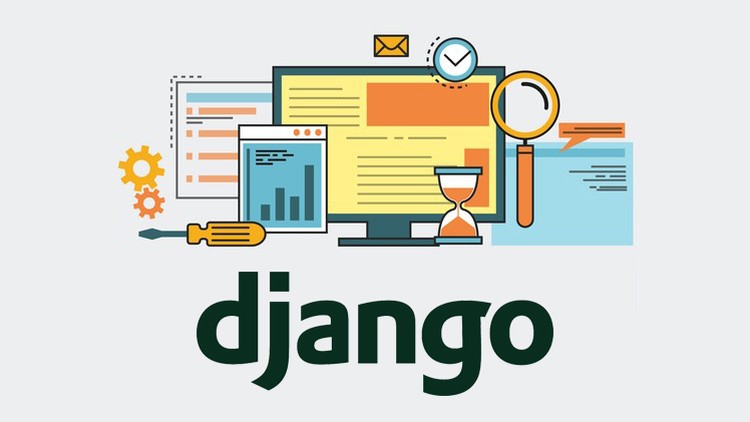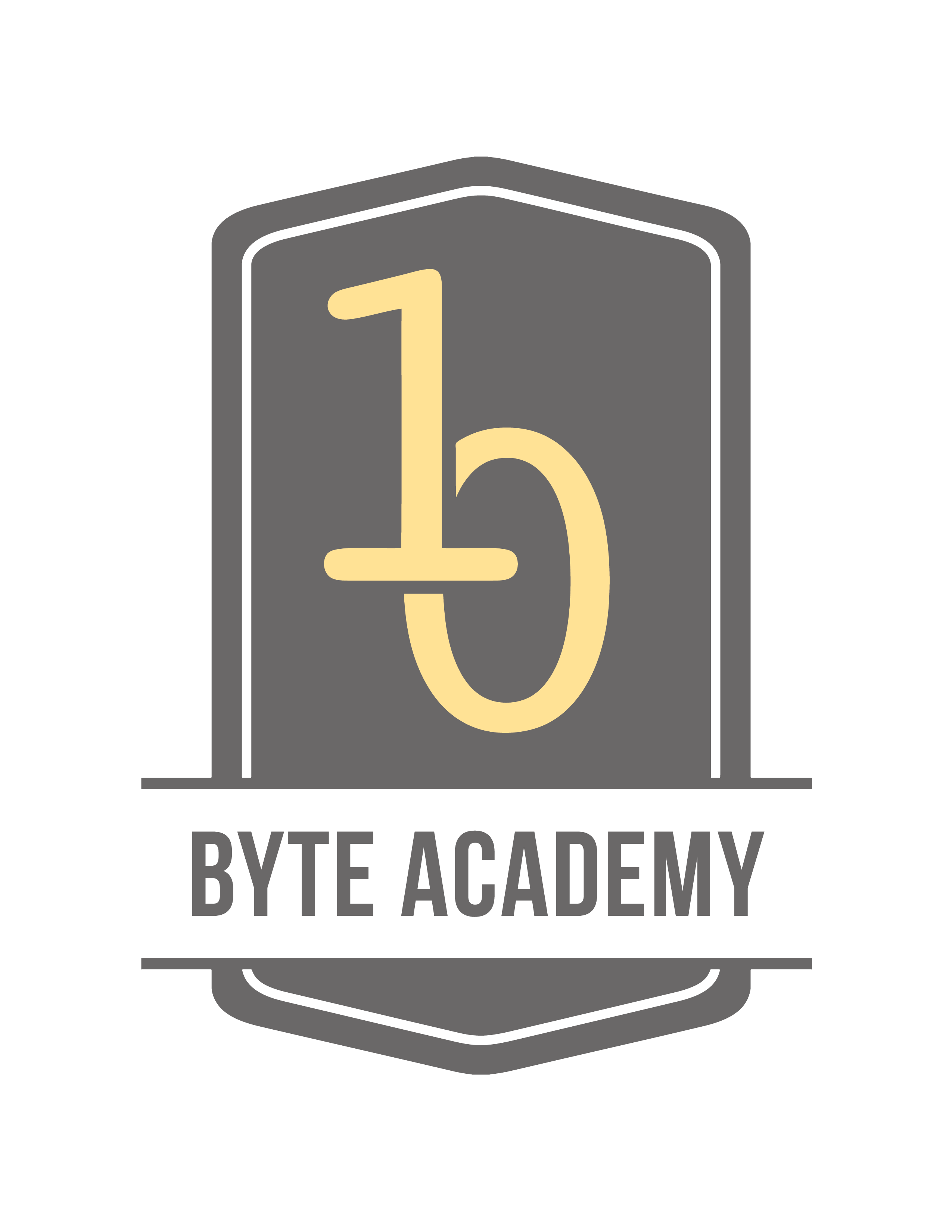
Are you interested in developing website but confused where to start with? Then this article is for you. There are a lot many web development frameworks available to start with, Django is the rapid wed development framework preferred by most of the web developers and it is also been used by many companies customized for their independent projects.
What is Django?
Django is a free and open sourced based on Python used to build web applications. A web application framework has toolkit of components required for developing web applications. It works fast in a way that helps the developers to write efficient, clean and powerful codes. Companies like Instagram, YouTube, Pinterest, Google and even NASA uses Django in their framework.
- Provides High Security
Django provides the platform with the basic foundation for the developers rather than coding from the scratch in itself. Developers can focus only on the unique features and customize them as per their requirements. It provides security to the data and helps in securing your source code as well and also helps in protecting your transactions.
- Eminently Scalable
One important aspect to build web application is the scalability. Every website initially starts off small and then builds it further to make is large and Django provides high scalability than other web applications. It treats every component as independent entity which makes it easy for the developers to modify without affecting the functionality of the website.
- Don’t Repeat Yourself (DRY)
DRY principle in Django helps to avoid redundant lines of code, as in not to rewrite same lines of code again as it is provided within the framework making it much easier.
- Django Community
Django has a vast community to assist in solving any of your issues. Also, it provides third party packages and documentations to support you and get you connected to the network.
How to get started with?
Django is a web development framework that works on Python and hence having basic knowledge of python is the prerequisite necessary before starting with Django.
- PYTHON INSTALLATION
To install python on your windows machine, go to https://www.python.org/downloads/ and download Windows MSI installer for the latest version of python. Once the download is complete run the installer by following the on-screen instructions.
To check if the installation is successful, open the command prompt to enter the following code

- PYTHON SETUP TOOLS INSTALLATION
To install and load packages in Python, setup tools is required. You can download the latest version of setup tools by click this link or you can run the code

- PIP INSTALLATION
PIP acts as a package manager in python that helps to download library packages in python.
To install pip, open the command prompt and execute the following code. This command works only if setuptools are already installed in your python.

- DJANGO INSTALLATION
Step 1: Django works on Python platform and having latest version of Python (Python 2.7 and above) is necessary before installing Django.
Step 2: Download the latest version of Django in Python using the code below

Step 3: Once the Django library file is downloaded, you can verify the installation by executing the code in command prompt

When not to prefer Django?
Django works best for large website while it is not suggestable for small projects. It gives you a monolithic feeling that makes it less suitable for highly customizable web developers. All the models are provided in a single file making it clumsy for very big projects. You are allowed to follow certain way of doing things and hence restricted in certain ways.
In the end, Django is excellent framework and best used with just few lines of codes. Looking at long term and big framework projects this is highly recommended to keep safe and secure data management. As you can see, If the framework is short-term for a small project it is better to look at lighter framework.
Liked what you read? Checkout Byte Academy's Software Development and Intro to Python courses.


